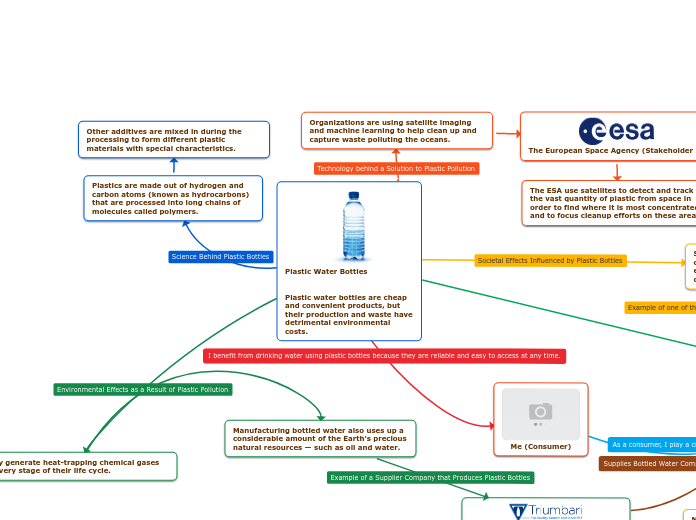Chapter 4
Institutional governmental environment
means in which government intervenes
Incentives
Price controls
Promotion of exports
Taxation
Annual budget
Legislation
Import control
Import tarrifs
Health regulations
Characteristics of the Business environment
Complexity of environment
1. indicates number of external variables, respondant to
2.Variations in variables themselves
Environmental uncertainty
dependant on information that management has about environmental variables
Increasing Instability and change
consequences of interdependance in business environment
Interrelatedness of environmental factors
Change in one external factor may cause change in environment OR other external factor
Three sub-enviroments
Macro- environment
subenvironment external
Variables:
1. Technological environment-change and innovation
2.Economic environment- eg.inflation, recessions influence prosperity of business
3.Social environment- consumer habits, lifestyles,values make demands through Consumerism
4.Institutional environment-government, political legislative involvement
5.Physical environment- natural resources
6.International- local and foreign political trends affect both micro-environment and macro environment
Market environment
Immediatley outside business organisation
Variables:
* Determine nature and strength of competition
1.Consumers- buying power
2.Competitors- new and potential comp, maintain or improve position
3. Intermediaries- competition for business product
4.Suppliers- supply raw materials, products, services and finance
Opportunities and Threats
- identify, assess and take advantage from opportunities
Micro-enviroment
management has complete control
Influence market environment:
Strategy - protect, maintain and increase business share
Variables:
1. Vision of organisation
2. Business functions
3.Resources
Composition of business enviroment
Business enviroment
1.Factors or variables, inside and outside, influence continued successful existence.
2.Internal, external factors
Organisational and Enviromental change
Enviromental variables
Economic fluctuations
Constantly changing, including technological innovations
Definition: change from condition of stability to instability
Physical Environment
Main issues
Population and health patterns
Food
Water
Growing cost of population
Scarce resources
Enviromentilism
Energy and climate
Biodiversity
Cost of energy
Market Enviroment
Intermediaries
Relationship with intermediaries affects decision making
1.Long-term agreements
2.The power of large retailers
3.New trends
Dynamic and everchanging nature
1.New trends and markets
Competitors
5 Competitive Factors
1.Possibility of new entrants
2.Barganing power of client and customers
3.Barganing power of suppliers
4.The availabilty or non-availabiliy of substitute products and services
5.Number of existing competitors
Suppliers
Materials
1.Raw materials
2.Capital
3.Labour
4.Equipment, Energy
Market
Consumer market
1.Durable products
2.Semi durable products
3.Services
Purchasing power
Micro enviroment
3 sets of variables
resources
1.Tangible resources
2.Intangible resources
3.Organisational capabilities
management
set of variables that have interfaces with external enviroment
vision, mission and objectives
Environmental scanning
Adapt to change
Systematically scan environment
Subtopic
Scanning for opportunitie
Scanning for threats
Monitoring environment
Macro Environment
Mega-Trends: Uncontrollable forces in external environment
Macro variables causes changes in business environment
1. Mineral Technology
2. Water Technology
3. Marine Technology
4. Agriculture Technology
5. Veterinary Technology
6. Medical Technology
7. Transport Technology
8. Power Technology
Technonlogy mainly responsbile for rate of change
1. New Machinery
2. New Products
3. New Process and methods
4. New approaches to management
Economy playsa big role in business, but is still influenced by technology.
Inflation needs to be analysed and managed permanently
Fiscals policy affects business and consumers
Social environment is affected by:
1. Demographic organisatio
2. Urbanisation
3. Level of Education
4. Changing role of women
5. Consumerism
6. Social Responsibility
7. Business Ethics
8. HIV/Aids
9. Culture









